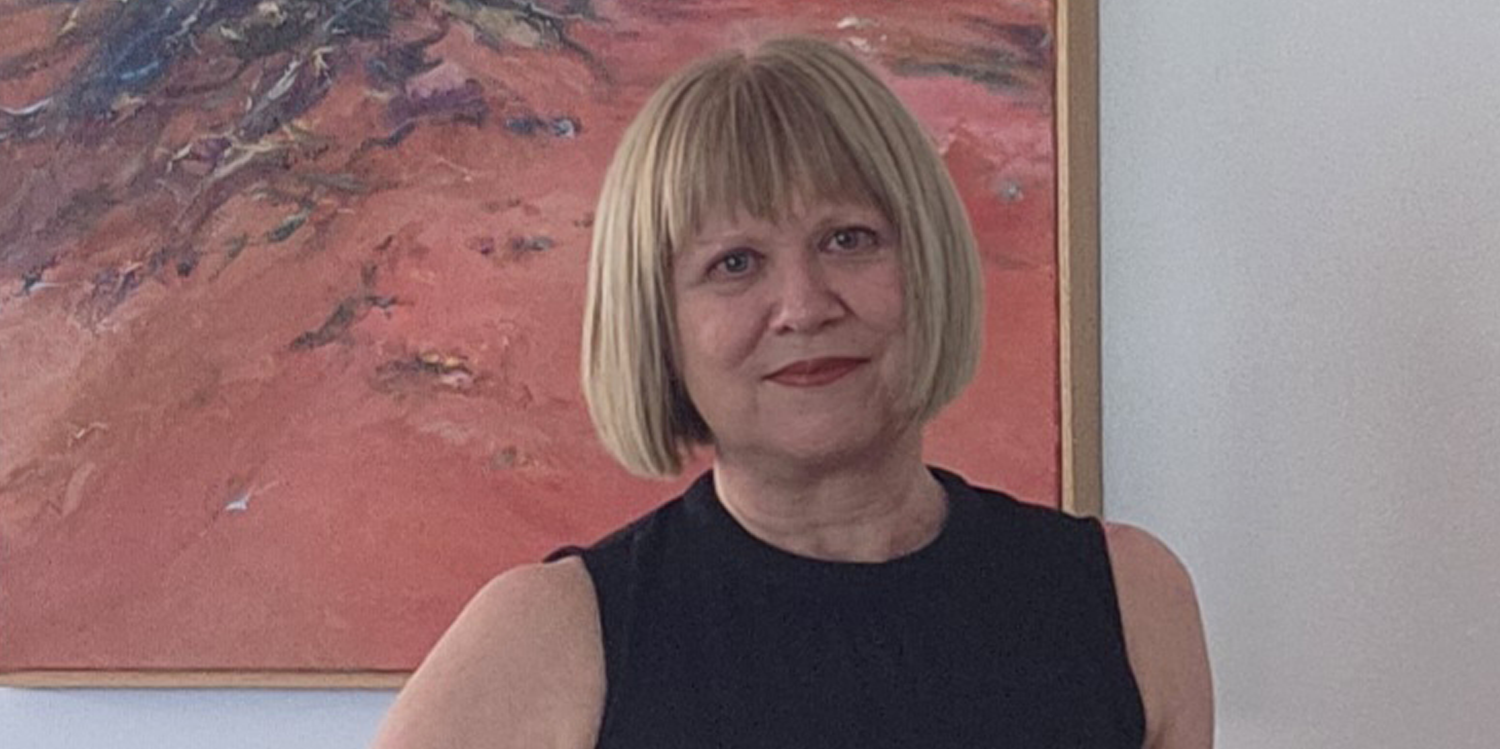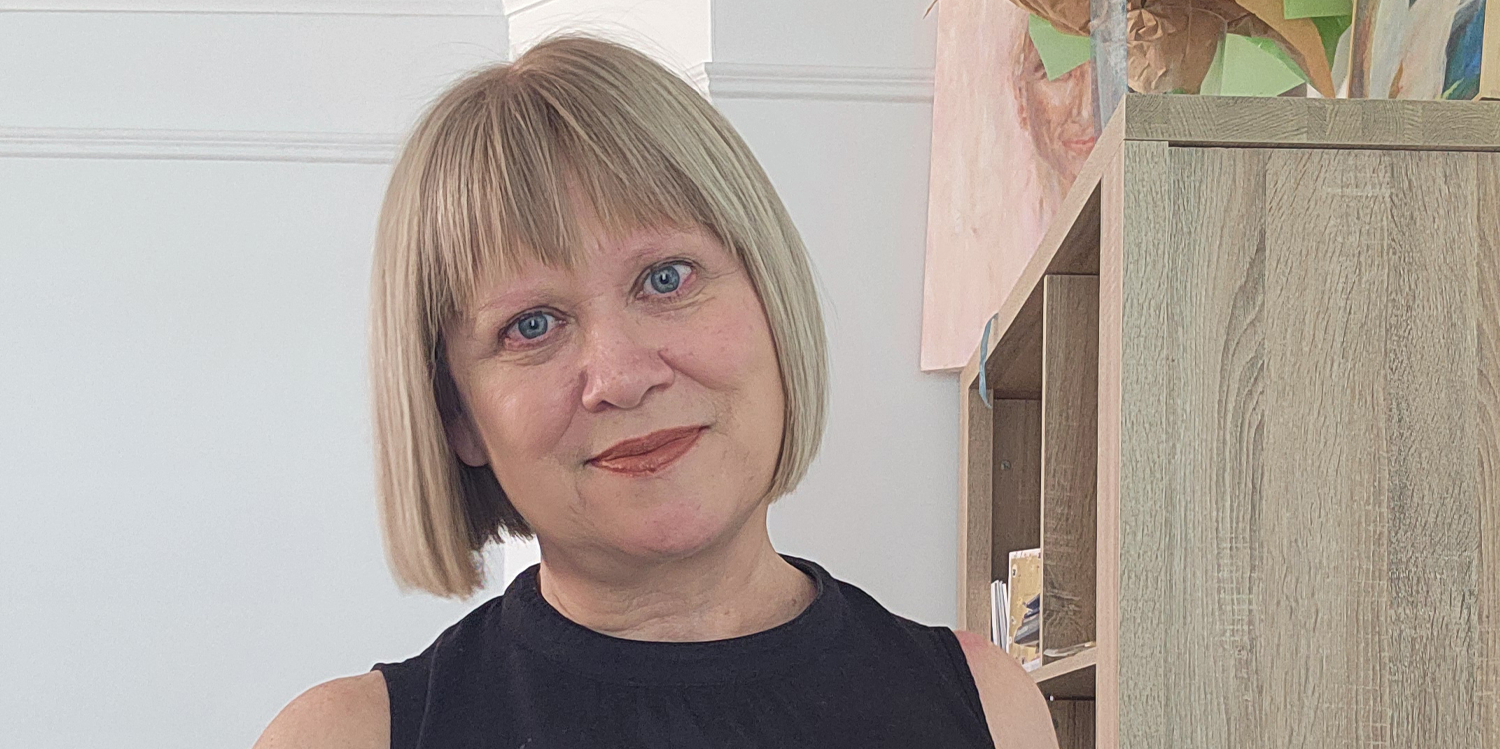 Shey Marque releases her third poetry collection – and it has an unexpected scientific link.
Shey Marque releases her third poetry collection – and it has an unexpected scientific link.
By Ara Jansen
As a child, Shey Marque didn’t voluntarily write poetry. Even as an adult it wasn’t really her cup of tea. That was until a fellow writing student suggested she try reading some contemporary works.
When she discovered Dorothy Porter’s verse novel, The Monkey’s Mask, everything changed. Halfway between a novel and a book of poetry, a whole new world opened up. Shey was no longer going to be a novelist but would be a poet.
The Hum Hearers, recently released and shortlisted for the 2023 Dorothy Hewett Award for unpublished manuscripts, is her third collection.
The collection evolved from her final Masters university work, a chapbook of all the stories she had collected about her family dating back to Victorian England.
The award-winning poet is a former clinical haematology and medical research scientist. While one might think that never the twain shall meet, The Hum Hearers, explores the writer’s interest in epigenetics and cellular memory.
The collection explores her family tree and imagines the women before her, creating poetic narratives around their lives and troubles, moving through time to poems about the 2022 death of Shey’s mother from a brain tumour.
RELATED: Throwing a left and a write hook
Shey writes in the introduction to her book that “our DNA carries a vibrational energy (I’m calling it the hum)” and through her poems suggest that this hum can move through bloodlines and generations.
She set about to trace family memory by following the women in her mother’s line back to Victorian London. That history began in a Covent Garden music hall owned by a maternal forefather John (Paddy) Green from 1842.
Cholera and tuberculosis, bankruptcy, abandonment, migration, war and domestic violence were some of the traumatic events peppering the family history. Shey’s mother’s passing meant the end of any of her stories which might have furthered the family narrative.

“As I wrote these poems over six years, I started to form a personal connection between myself and these women from a couple of centuries ago,” says Shey.
“Are the things which happened to these women a coincidence or is it an epigenetic carry-over? What has happened since then is quite significant so I decided that would inform the collection as well, all that imprinting.
“What carries on to future generations, even if they haven’t been exposed to the same thing.
“My three times great grandmother spoke French and played the violin while her father ran the music hall in Covent Garden. I’ve lived in France, speak French, chose to pick up the violin as an adult and even married a man who creates music hall-style productions.
“These are essential things to my life, and I made these choices before I knew anything about these family stories.”
RELATED: What’s up, Doc? Meet the voice behind iconic Looney Tunes characters
While Shey admits that you never know how accurate the old family stories are, equally she would have never found out anything about her family if she hadn’t embarked on researching them.
“With poetry you are able to transcend the usual limitations of language and explore all these different hypotheses on paper. You can suggest whatever you want and don’t have to wait for proof of anything.
“The non-linear storytelling aspect of prose poetry means it’s suited to going back and forth in time, entangling past and present and benefits from speculative notions.
“DNA is not silent. You can record it, and it vibrates – it’s a living thing. I most likely have a piece of DNA from these ancestors, even if it’s small.
“You also don’t know how much of it is passed along. There’s some thought that even though these traits are carried through generations, sometimes they can be reversible. I’ll be very interested to continue reading about future scientific advancements on this subject.”
The Hum Hearers (RRP $24.99) is published by UWA Publishing.
Want more news, clinicals, features and guest columns delivered straight to you? Subscribe for free to WA’s only independent magazine for medical practitioners.
Want to submit an article? Email editor@mforum.com.au

